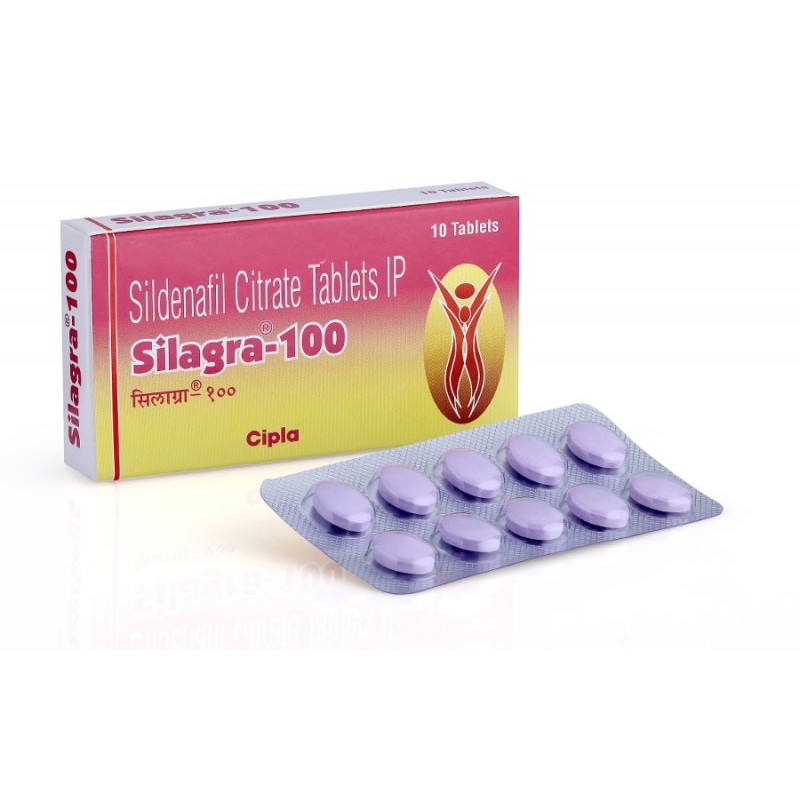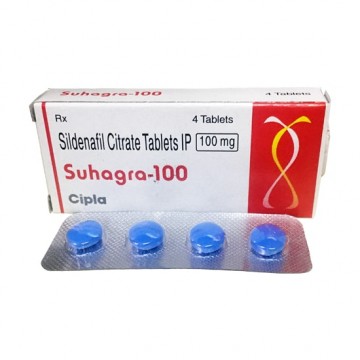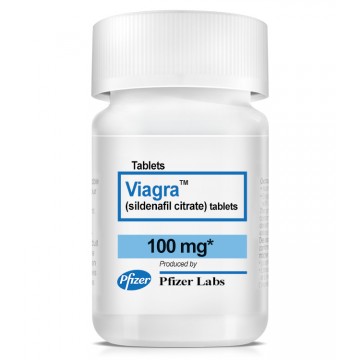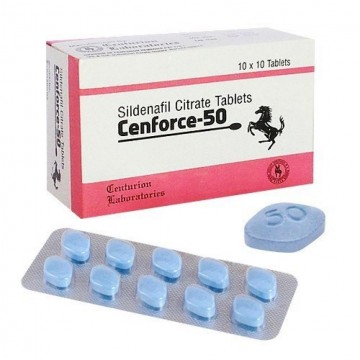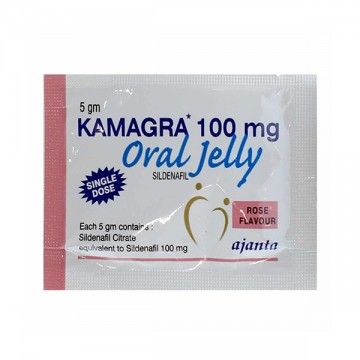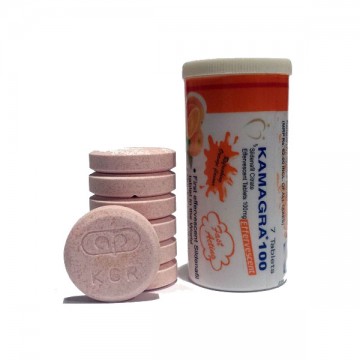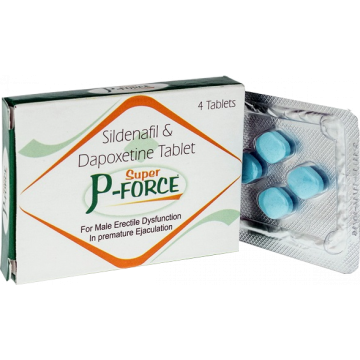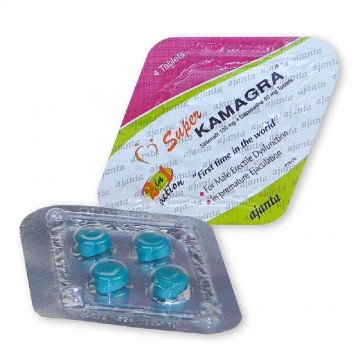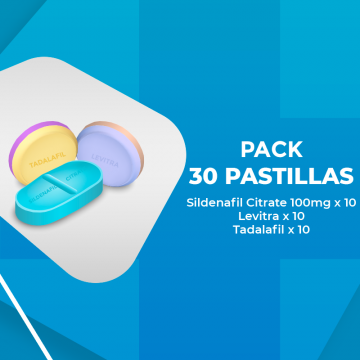Silagra
Sildenafil is used for the treatment of erectile dysfunction of either organic (medical condition) or psychogenic (psychological) cause and for pulmonary arterial hypertension
GENERIC NAME: Sildenafil
DRUG CLASS AND MECHANISM: It has been estimated that impotence affects 140 million men worldwide. Over half of all men with impotence are thought to have some physical (medical) cause. The remainder are believed to have psychogenic causes of impotence. Medical causes of impotence include diabetes and circulatory, neurological or urological conditions.
Penile erection is caused by the engorgement of the penis with blood. This engorgement occurs when the blood vessels delivering blood to the penis increase the delivery of blood and the blood vessels carrying blood away from the penis decrease the removal of blood. Under normal conditions, sexual stimulation leads to the production and release of nitric oxide in the penis. Nitric oxide then activates the enzyme, guanylate cyclase, which causes the production of cyclic guanosine monophosphate (cGMP). It is the cGMP that is primarily responsible for the erection by affecting the amount of blood that the blood vessels deliver and remove from the penis.
Sildenafil also reduces the pressure in the pulmonary artery in a serious condition called pulmonary arterial hypertension.
Sildenafil inhibits an enzyme called phosphodiesterase-5 (PDE5) which destroys the cGMP. Thus, sildenafil prevents the destruction of cGMP and allows cGMP to accumulate and persist longer. The longer cGMP persists, the more prolonged the engorgement of the penis.
PREPARATIONS: Tablets that comes in 25, 50, and 100 mg tablets for treating impotence.
STORAGE: Tablets should be kept at room temperature, 15- 30°C (59-86°F).
PRESCRIBED FOR: Sildenafil is used for the treatment of erectile dysfunction of either organic (medical condition) or psychogenic (psychological) cause and for pulmonary arterial hypertension.
DOSING: Sildenafil is rapidly absorbed. Maximum observed plasma concentrations are reached within 30 to 120 minutes (median 60 minutes) of oral dosing in the fasted state. When sildenafil is taken with a high fat meal, the rate of absorption is reduced, with an average delay in the time to maximal concentration of 1 hour.
DRUG INTERACTIONS: Sildenafil increases the effects of the blood pressure lowering medications. It also increases the blood pressure lowering effects of nitrates, e.g. isosorbide dinitrate (Isordil), isosorbide mononitrate (Imdur, Ismo, Monoket), nitroglycerin (Nitro-Dur, Transderm-Nitro) that are used primarily for treating angina. Patients taking nitrates should not receive sildenafil.
Cimetidine (Tagamet), erythromycin, ketoconazole (Nizoral), itraconazole (Sporanox) and mibefradil (Posicor) can cause marked increases in the amount of sildenafil in the body. Patients taking these medications should be observed carefully if sildenafil is used.
It is expected that rifampin will decrease blood levels of sildenafil and probably reduce its effectiveness.
PREGNANCY: Although extensive testing in animals has demonstrated no negative effects on the fetus, sildenafil has not been studied in pregnant women. There is no effect on sperm count or motility of sperm in men.
NURSING MOTHERS: It is not known whether sildenafil is excreted into breast milk.
SIDE EFFECTS: Approximately 15% of persons taking sildenafil experience side effects. The most common side effects are facial flushing (1 in 10), headaches (1 in 6), stomach pain, nasal congestion, nausea, diarrhea, and an inability to differentiate between the colors green and blue.



